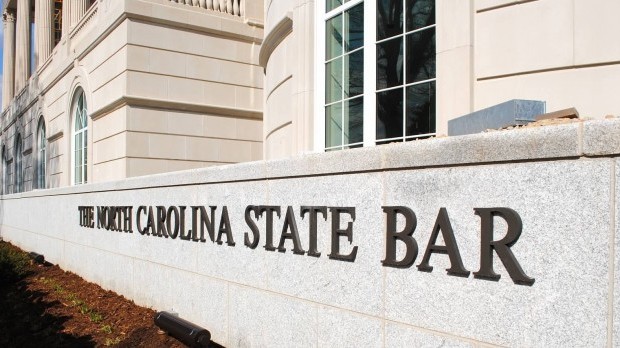Disbursement Against Funds Credited to Trust Account by ACH and EFT [2013 Formal Ethics Opinion 13]
May an attorney immediately disburse against funds credited to a client trust account by automated clearinghouse transfer and electronic funds transfer?
View formal ethics opinion in full here
Adopted at the January 2014 meeting, this opinion examines whether an attorney may immediately disburse against funds credited to the client trust account by automated clearinghouse (ACH) transfer and electronic funds transfer (EFT). With each type of transfer, there is a risk that the originator may initiate a reversal.
Per the opinion, lawyers may disburse immediately following such transfers. Although some risk of reversal exists, the opinion notes the presence of safeguards: “the lawyer should get notice from the receiving bank in time to take action to prevent the reversal or otherwise to protect other client funds on deposit in the bank account.”
If a reversal nevertheless occurs, the lawyer does not violate the rules by immediately acting “to protect the funds of the lawyer’s other clients on deposit in the trust account.” Such action may include personally depositing the necessary funds in order to address the deficit (see RPC 191).
If you wish to respond or otherwise offer a guest contribution discussing this formal ethics opinion, please contact the ethics editor at cu***********@************ll.edu.


